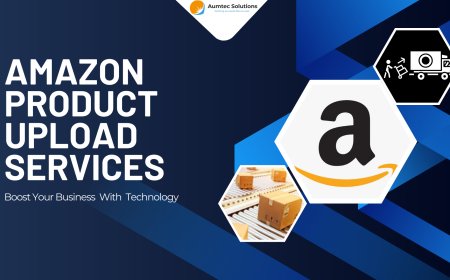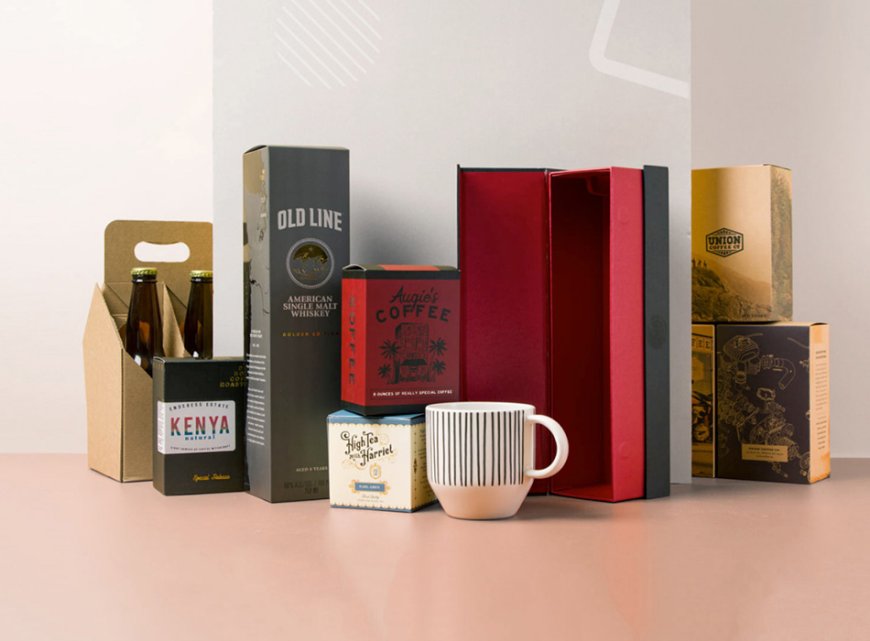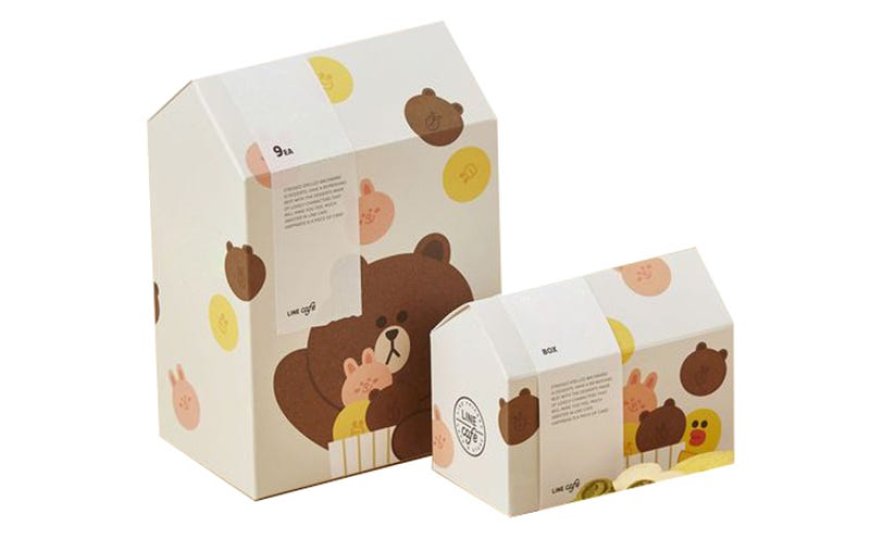The Environmental Impact of Custom Beverage Packaging: Sustainable Solutions
Unleash the power of custom beverage packaging without harming the planet! Discover sustainable solutions for brands to create eco-friendly packaging that stands out, reduces waste, and resonates with environmentally conscious consumers.
The rise of custom beverage packaging has undoubtedly revolutionized the industry. Eye-catching designs and unique formats help brands stand out on crowded shelves, fostering brand recognition and consumer engagement. However, this surge in customization has also raised concerns about the environmental impact of these packaging choices.
The Downside of Customization: Environmental Concerns
While custom packaging offers undeniable benefits, its environmental footprint cannot be ignored. Here's a closer look at the potential drawbacks:
-
Increased Material Use: Custom designs often require more material compared to generic packaging. Unique shapes, special finishes, and multiple layers can all contribute to a greater environmental impact.
-
Production Energy: Creating custom packaging often involves additional manufacturing processes and specialized equipment. This increased energy consumption translates to a higher carbon footprint.
-
Waste Generation: The rise of single-use, non-recyclable materials like some plastic films used for visual appeal can contribute to landfill waste and potential plastic pollution.
-
Recycling Challenges: Complex packaging designs that combine different materials, such as laminated cartons or containers with plastic sleeves, can pose challenges for traditional recycling infrastructure.
Finding Balance: Sustainable Solutions for Custom Packaging
The good news is that there are ways to mitigate the environmental impact of custom beverage packaging. Here are some sustainable solutions brands can implement:
-
Eco-Friendly Materials: Explore materials with lower environmental impact, such as recycled glass, aluminum, or paperboard. Biodegradable or compostable options made from plant-based materials are also gaining traction.
-
Minimalist Design: Sometimes, less is more. Simplifying designs by using fewer materials and minimizing unnecessary layers can significantly reduce the environmental footprint.
-
Recyclable Packaging: Ensure your packaging is composed of materials that can be easily recycled through existing infrastructure. Look for certifications that indicate recyclability and educate consumers on proper disposal.
-
Refill and Reuse Programs: Encourage sustainability by offering refillable bottles or growlers. This not only reduces waste but also fosters customer loyalty.
-
Responsible Sourcing: Partner with suppliers who prioritize sustainable practices throughout their production chain. This includes responsible forestry practices for paper-based packaging and ethically sourced recycled materials.
Collaboration is Key: Addressing the Infrastructure Gap
Transitioning to sustainable custom beverage packaging requires collaborative efforts. Here's how different stakeholders can play a role:
-
Brands: Commit to using sustainable materials, exploring innovative packaging solutions, and educating consumers about responsible disposal.
-
Packaging Manufacturers: Invest in research and development of eco-friendly packaging materials and production technologies with lower environmental impact.
-
Consumers: Make informed choices by supporting brands committed to sustainability and practicing proper recycling habits.
-
Governments: Implement policies and regulations that incentivize the use of recycled materials, promote responsible waste management, and invest in improving recycling infrastructure.
A Sustainable Future for Beverage Packaging: Innovation and Collaboration
The future of custom beverage packaging lies in a balance between creativity, brand differentiation, and environmental responsibility. By embracing sustainable materials, innovative designs, and collaborative efforts across the entire supply chain, we can ensure that custom packaging enhances the beverage industry while minimizing its environmental impact.
Consumers are increasingly demanding sustainable practices from the brands they support. By prioritizing sustainable solutions for custom packaging, the beverage industry can not only protect the environment but also gain a competitive edge in the marketplace.
What's Your Reaction?




























